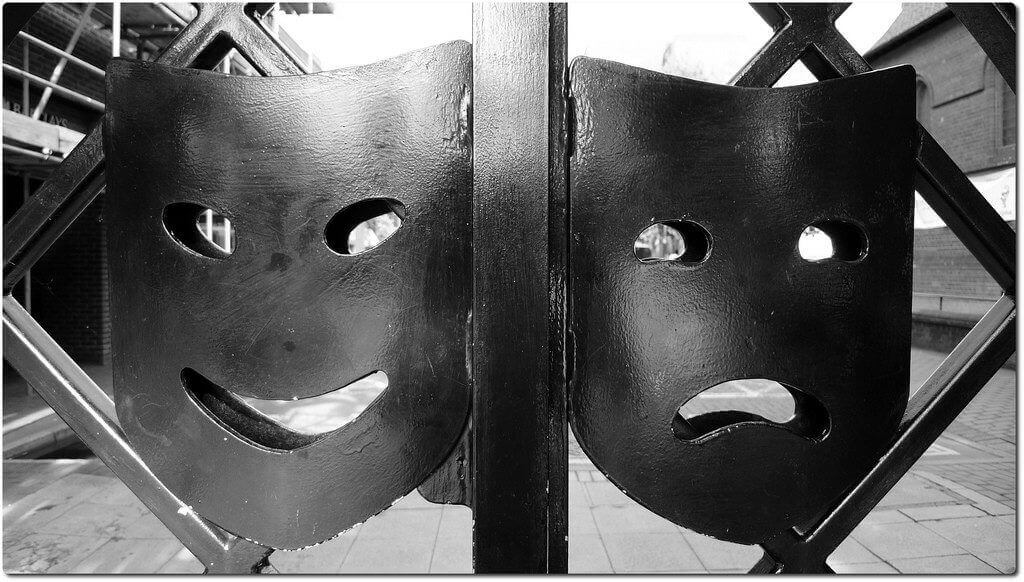
Years into an ongoing tug-of-war over direct bookings, it’s fair to say that online travel agencies (OTAs), like Priceline, Expedia and Hotels.com, still stir up a lot of angst within the hotel marketing community. OTAs, after all, charge a substantial commission on each booking — generally in the 20% range — which eats into a hotel’s profit margin.
What often goes unsaid in the debate, however, is that a booking made directly through a hotel’s own website isn’t exactly cost-free either. You’re not paying a commission, per se, but you are paying a cost of sale — that is, the budget you spend on advertising channels or digital marketing acquisition.
Generally speaking, the price of winning a direct booking is considerably less than an OTA, especially when cultivated through earned acquisition channels like SEO, content marketing or email. But in some cases, depending on your market, audience and hotel type, the difference is not quite as black and white.
Here are three cases when biting the OTA bullet might be worth your consideration:
1. Metasearch In A Competitive Urban Market
If your hotel is competing in a highly saturated hotel market where consumers tend to shop for the best price — let’s say New York — the costs of running a metasearch campaign can quickly get out of hand. Google can charge you up to 6% of your nightly rate simply for a click to your website, and that’s before even converting the booking. Over the course of a month — including successful clicks that do lead to bookings — it’s certainly not out of the question to pay a cost of sale somewhere in the 50%-60% range.
Compared to this number, the 20% OTA commission certainly looks appealing and makes sense for a lot of hotels. A word of caution, though: Make sure to consider the fact that OTAs don’t provide you with an email address for the booking. It might not make a huge difference for midscale or upscale city hotels that primarily target new guests, but for luxury properties that bank on future loyalty, it still might not be worth the cost savings.




